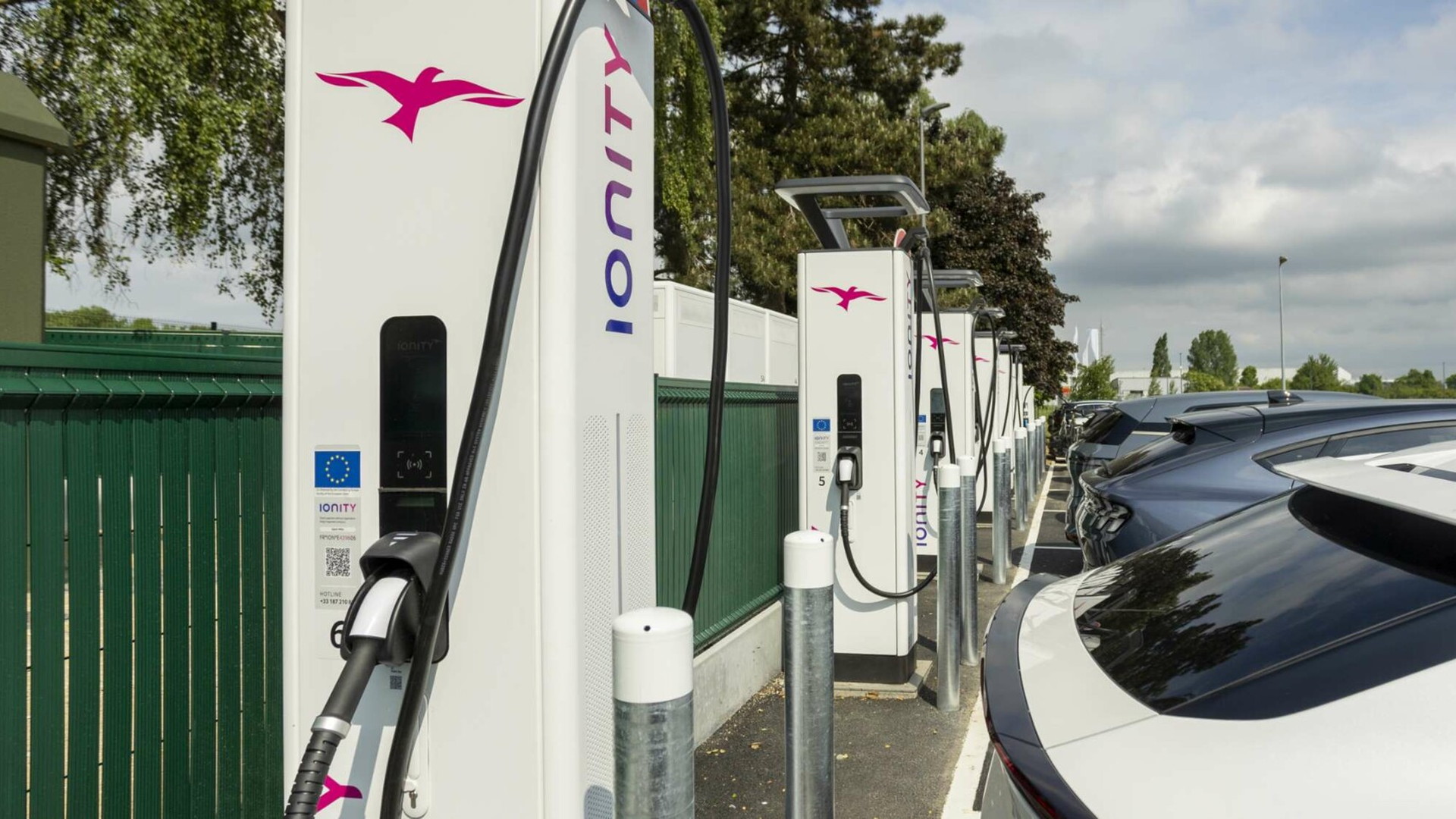Ask most people about Chrysler's plug-in hybrid prototype program, and you'll get something like, "Huh? Chrysler has plug-in hybrids?"
In fact, the company does: 23 minivans and 109 pickup trucks on the roads for almost a year now, all prototypes to test the technology.
Today, the company announced it's pulling them all off the roads--"withdrawing from service" is the specific phrase--due to damage sustained by three separate pickup trucks when their 12.9-kilowatt-hour battery packs overheated.
Chrysler says there were no injuries from any of the incidents, and the pickups were not occupied at the time.
No minivans were involved in any incidents, but while they were only delivered for testing in April, they too are being withdrawn as a safety precaution.
The Ram 1500 plug-in hybrid pickups were first delivered last year, including four to the Michigan town of Auburn Hills, where Chrysler has its global headquarters.
We should note that the lithium-ion cells used in these packs--which had a particularly high energy density compared to other plug-in vehicle packs--come from a small cell-maker, Electrovaya.
That company does not provide cells for any production plug-in vehicle sold to consumers today.
Chrysler says it's winding down this phase of the program, which is scheduled to run through 2014, and will upgrade the packs with cells that use a different lithium-ion chemistry before the vehicles go back on the roads.
The goal of the program is now to concentrate "resources and technical development on a superior battery,” said Michael Duhaime, global director-electrified powertrain propulsion systems.

Testing a lithium-ion polymer battery to destruction
The "complexity of the solution" will determine how many of the vehicles are actually put back on the road, Chrysler said in a statement.
The plug-in hybrid minivans and pickup trucks were operated by 16 organizations that partnered with Chrysler -- municipalities and utility companies in locations throughout 20 states -- to test real-world durability and performance.
Chrysler noted that the fleet had collectively accumulated 1.3 million miles before the vehicles were taken off the roads.
And, the company said, the plug-in pickups delivered peak average fuel economy of 37.4 mpg, while the plug-in hybrid minivans delivered 55.0 mpg.
The next and final phase of the plug-in hybrid test program will look at potential cost reductions in commercial fleets from permitting utilities to draw power from the vehicles' battery packs back into the grid.
The vehicles can also be linked to form independent, mobile mini-grids--which may offer potential emergency assistance to neighborhoods that have lost power.
The program is jointly funded by Chrysler and the U.S. Department of Energy. Begun two years ago, it is scheduled to end in 2014.
+++++++++++













